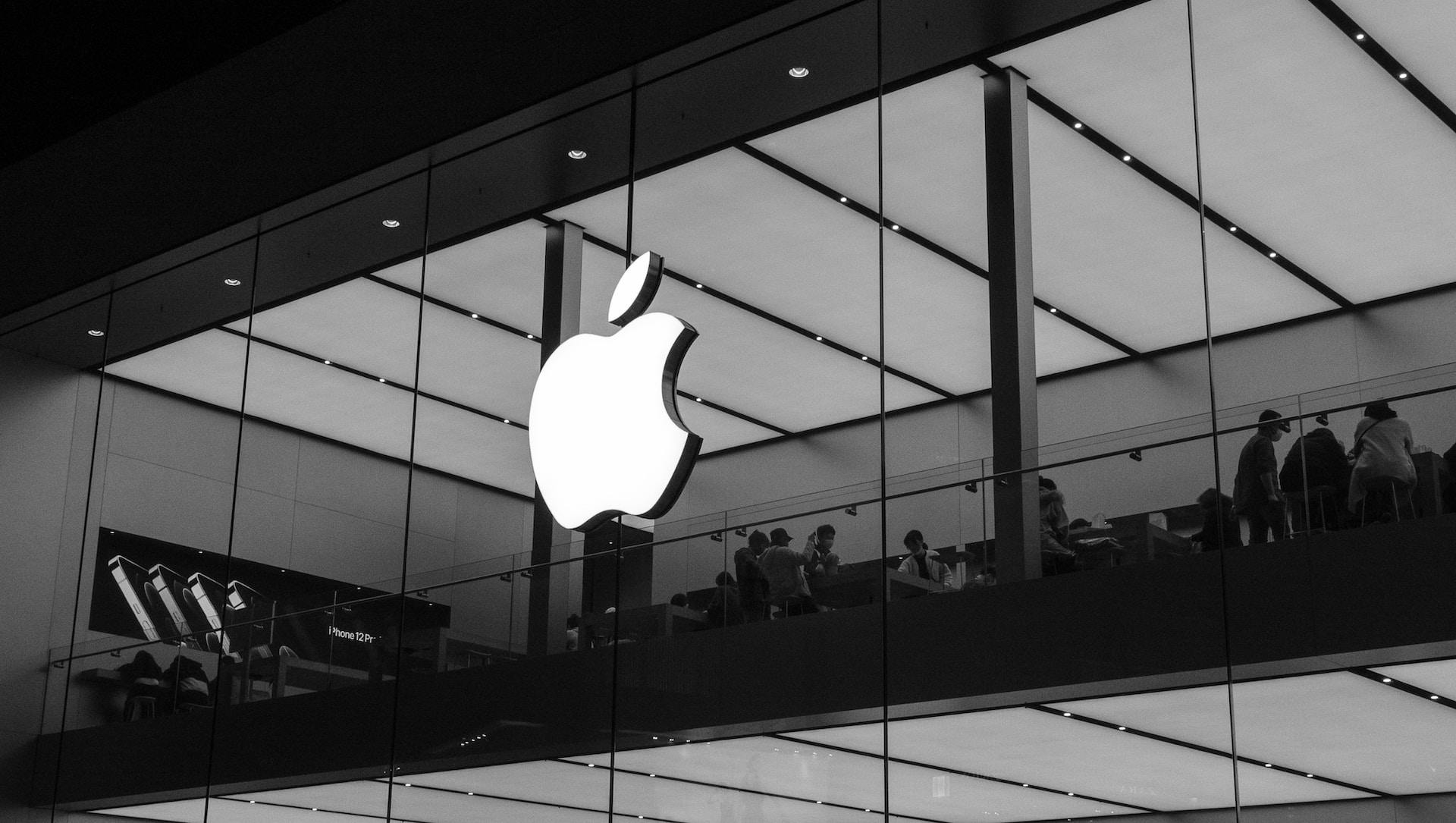In a groundbreaking move, Google, the technology giant renowned for pushing the boundaries of innovation, has embarked on a daring experiment to unlock the potential of generative artificial intelligence (AI). This test, dubbed “Unleashing the Power of Generative AI,” represents a significant leap forward in the field, with profound implications for industries such as journalism, creative arts, and the broader understanding of AI ethics. In this article, we delve into the details of Google’s audacious endeavor, exploring its impact and examining the ethical considerations it raises.
Expanding the Horizons of Creativity:
Generative AI has evolved rapidly over the years, and Google’s latest experiment aims to redefine its possibilities. By harnessing the immense computational power and cutting-edge algorithms at its disposal, the tech behemoth seeks to develop a generative model capable of creating compelling narratives, news articles, and even artistic works. The tantalizing prospect of automated content creation with a focus on quality and authenticity has enthralled and provoked experts across various fields.
Ethical Considerations and Challenges:
As with any emerging technology, the experiment with generative AI brings forth ethical dilemmas and challenges that demand our attention. Critics argue that relying on AI-generated content may compromise journalistic integrity, as verifying the accuracy of information becomes more complex. Additionally, concerns regarding job displacement and the erosion of opportunities for human writers have sparked debates about the ethical implications of Google’s test.
To address these concerns, Google has committed to upholding stringent guidelines and implementing thorough verification processes to ensure accuracy and prevent the spread of misinformation. By investing in transparent algorithms and human oversight, the company aims to strike a delicate balance between the benefits of automation and the preservation of journalistic ethics.
Where Humans and Machines Converge:
Rather than supplanting human journalists, Google’s experiment seeks to augment their capabilities. Through a collaborative approach, AI-generated content can serve as a foundation for human journalists to verify, fact-check, and enrich with their insights. This fusion of human expertise and AI-generated material has the potential to enhance efficiency and broaden the scope of journalistic coverage.
In a conversation with Dr. Cynthia Harrison, the lead researcher behind the project, she stressed the importance of synergy between humans and machines. “AI is a tool, not a replacement. By leveraging the capabilities of generative AI models, journalists can focus on investigative reporting, in-depth analysis, and captivating storytelling,” she emphasized.
Revolutionizing Creative Industries:
Beyond journalism, Google’s generative AI experiment holds the promise of revolutionizing creative industries such as literature, film, and music. The ability to generate narratives, screenplays, and musical compositions presents unprecedented opportunities for innovation and creativity. Nevertheless, questions arise regarding the ownership and copyright of AI-generated works. Who holds the rights when a generative AI model creates a bestselling novel or a chart-topping song? Legal frameworks and industry norms will need to adapt to address these emerging challenges.
Advanced Research Techniques: Verifying Information and Uncovering Sources:
The foundation of journalism lies in accurate information and reliable sources. With its generative AI experiment, Google is pioneering advanced research techniques to enhance the verifiability of AI-generated content. The experiment incorporates machine learning algorithms that analyze multiple sources, cross-reference facts, and detect potential biases. These techniques aim to instill trust in AI-generated articles and empower journalists to uncover sources more efficiently.
Conclusion:
Google’s bold test to unleash the power of generative AI marks a significant milestone in the field of artificial intelligence. By embracing collaboration between human journalists and AI, this experiment offers the potential to revolutionize content creation across various industries. However, it also raises important ethical considerations, including the need for transparency,









